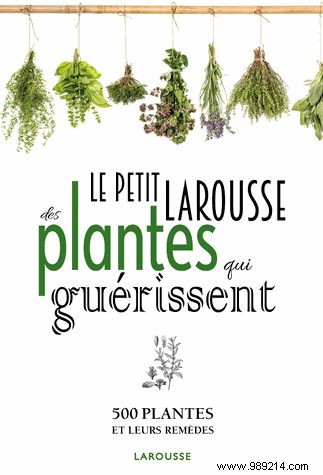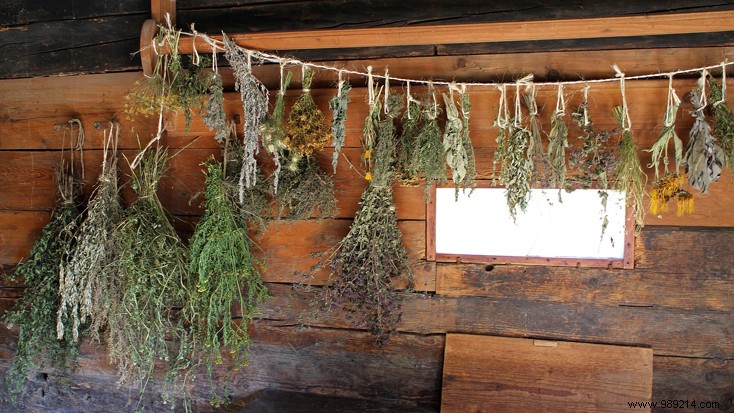
Yes, medicinal plants can relieve our ailments, even cure certain ailments, but no, they cannot unilaterally and completely replace allopathic or other medicines. They cannot replace medical treatment prescribed by a doctor.
The first condition for using plants for medicinal purposes is to know them well or to contact a herbalist, a naturopath or a pharmacist, for example. There are 35,000 species of medicinal plants in the world!
To have recourse to pharmacognosy, that is to say the science which lists all the plants with their therapeutic virtues, it is better not to jump on the first websites to come praising the benefits of a plant, but to prefer a real encyclopedia accessible to the general public. In particular, you can refer to the Petit Larousse of healing plants by Gérard Debuigne, doctor specializing in herbal medicine, François Couplan, ethnobotanist, and Thierry Folliard, herbalist and naturopath, recently reissued (Larousse editions - €19.95 ).
The knowledge of plants by the scientific world is constantly evolving over the course of clinical studies which make it possible to provide reliable results on the effects of plants, but it takes time. And not all plants have yet been accurately studied over time.
If a medicinal plant can be defined as a plant offering a therapeutic effect without toxicity, at normal doses, on the body, we realize that the border can sometimes be tenuous between "medicinal" and "toxic" because accidents of more or less serious poisonings still occur, but also because certain plants defined as toxic are the source of certain drugs:this is the case of digitalis, from which the active ingredient, digoxin, is extracted to produce drugs against heart failure.
Beyond strict herbal medicine, plants are used for medicinal purposes in other forms, somewhat out of fashion:

Faced with all this, we realize that medicinal plants have effects on the body that are not always benign. Taken inappropriately or in too large quantities, they can disrupt our body. Keep in mind that what is "natural" can also be dangerous.